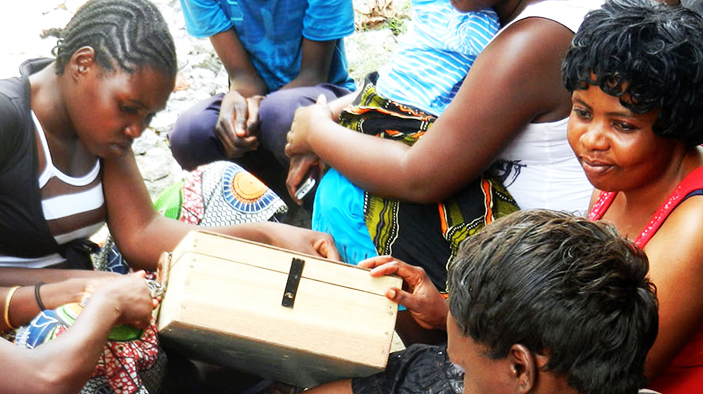Zambia—Financial Sector Deepening Zambia (FSDZ)
Client: Foreign, Commonwealth & Development Office
Duration: 2013-2016
Region: Sub-Saharan Africa
Country: Zambia
Solutions: Economic Growth
Utilizing the making markets work for the poor (M4P) approach, FSDZ worked to affect systemic change and facilitate linkages and coordination among consumers, financial service providers, government, and other key market actors in Zambia. FSDZ contributed to an increase in the expansion of income opportunities or a reduction in vulnerability of 138,750 poor households and micro, small, and medium-sized businesses.

Select Results
- Partnered with financial service providers to innovate and increase outreach and delivery channels.
- Supported market information initiatives to build a deeper understanding of the diversity of consumers, their needs, the wide range of financial services they demand, and the variety of financial service providers they access.
- Built the effectiveness of financial services and the knowledge and skills that clients need to use them.
- Supported improvements in the regulations, standards, and norms that guide financial markets; the payment systems, credit bureaus, and other infrastructure that supports increased supply; and information services necessary to inform all stakeholders how to better improve the market system.
RELATED CONTENT:
Regional—AL-INVEST Next Programme Management Unit and EU-LAC Trade and Investment
The AL-INVEST Next Programme and its EU-LAC Trade and Investment Component promote a more dynamic and sustainable economic relationship between the EU and the countries of Latin America and the Caribbean.
Read More